

The best age for orthodontics? What is the best age?
Apr 21, 2023
The living standards of Chinese people have been improving over the past 30 years, but the oral health of Chinese people has continued to decline due to changes in eating habits. According to the third National Oral Health Epidemiological Survey, up to 97 percent of adults are suffering from oral problems. Among them, 97 percent of adults suffer from dental stones, 88 percent from dental caries and 85 percent from gum problems. Together with tooth sensitivity, breath problems, dental stains and dental plaque, they constitute the top seven oral problems most commonly faced by Chinese people.
Of course, dental health problems do not happen overnight, so the solution needs to start from the improvement of life, you need to do the first step is to choose an effective oral care product.

First, dental stones
Calculus, commonly known as "dental rust", is calcified plaque and fragments of cells in the mouth. Calculus is often produced in the subgingival area and can irritate the gingival tissue leading to gingivitis. And after the formation of calculus, easy to be stained by smoke, tea and so on, very affect the oral beauty.
Two, gum problems
The main manifestations of gum problems are red, swollen gums and bleeding gums.
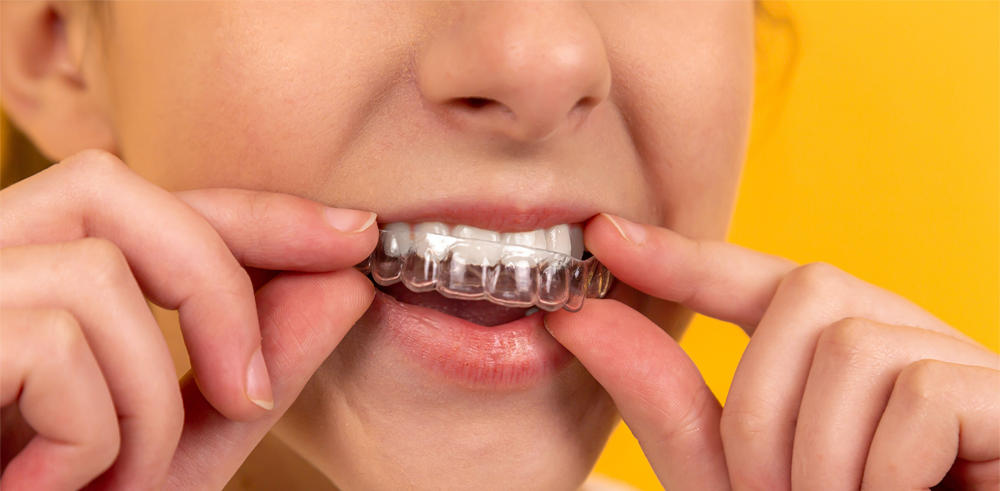
Gingival bleeding caused by local factors in the mouth is the most common. Because the mouth is not clean, so that food residue, tartar, tartar often accumulate around the teeth, a variety of bacteria in the mouth proliferate here, leading to gingivitis and gingival bleeding, patients are often accompanied by bad breath.
Gingival bleeding caused by local factors in the mouth is the most common. Because the mouth is not clean, so that food residue, tartar, tartar often accumulate around the teeth, a variety of bacteria in the mouth proliferate here, leading to gingivitis and gingival bleeding, patients are often accompanied by bad breath.
Three, dental caries
Bacteria in the mouth produce acids that can eat away at hard tooth enamel and develop into caries, a disease in which hard tooth tissue is gradually destroyed. The disease begins in the crown of the tooth. If not treated promptly, the lesion progresses and caries are formed. Finally, the crown is completely destroyed and disappeared. Untreated cavities do not heal on their own and the end result is tooth loss. Caries is a bacterial disease, so it can cause secondary pulpitis and periapical inflammation, and even inflammation of the alveolar bone and jaw.
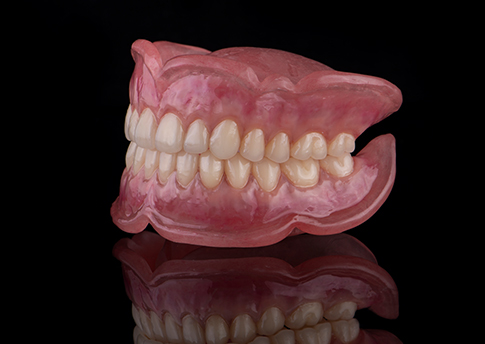
Routine removable denture restoration
Routine removable denture restoration
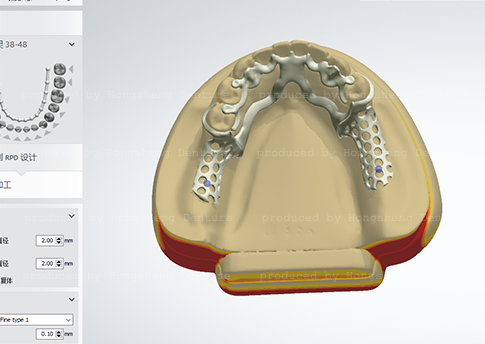
Digital removable denture restoration
Digital removable denture restoration
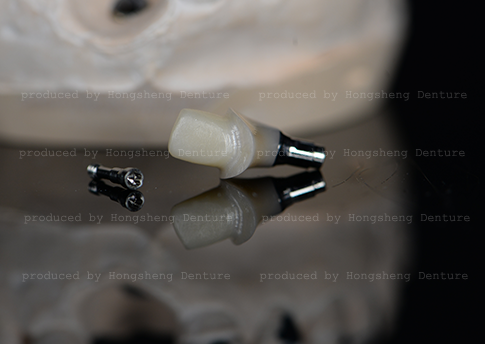
Aesthetic abutment
Aesthetic abutment
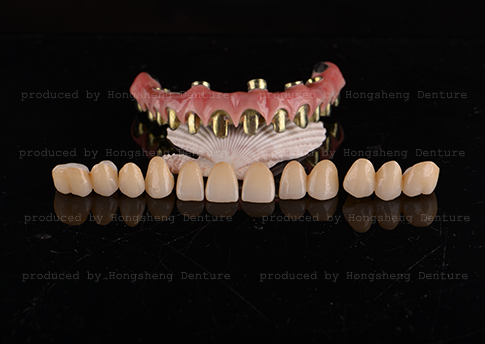
Hybrid dental implant(Ti bridge+zirconia)
Hybrid dental implant(Ti bridge+zirconia)
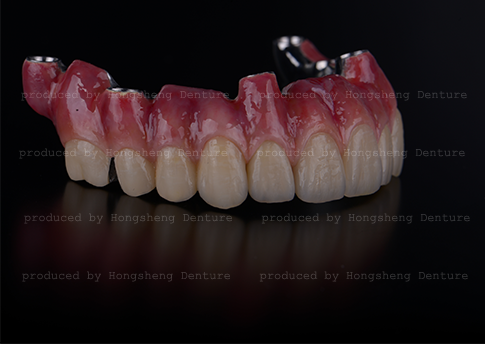
Hybrid dental implant(Ti bridge+light curing resin)
Hybrid dental implant(Ti bridge+light curing resin)